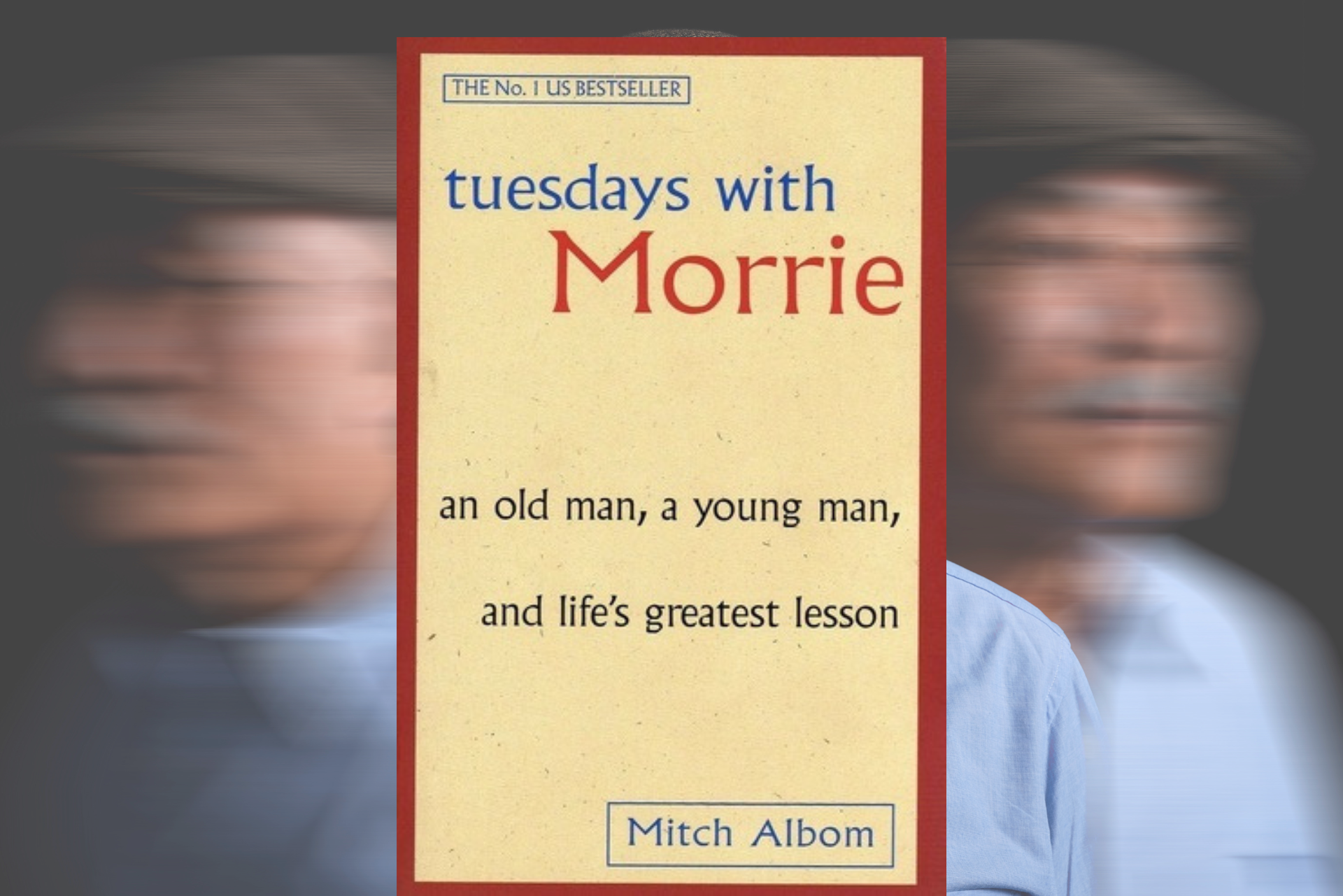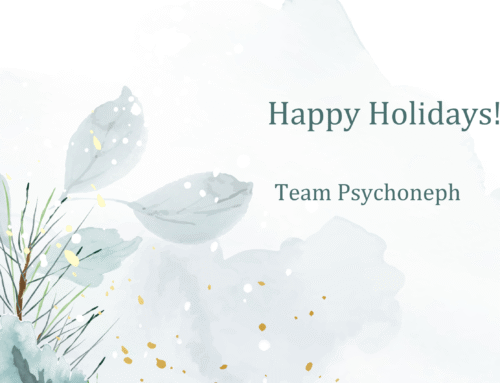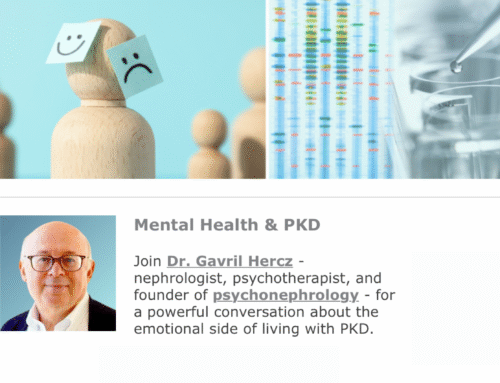
Tuesdays with Morrie: A Psychotherapeutic Reflection on Illness, Connection, and Meaning
In Tuesdays with Morrie, Mitch Albom brings readers into an intimate space where chronic illness, emotional truth, and mortality intersect. What begins as a reunion between a former student and his beloved college professor becomes a profound, end-of-life dialogue that reads like a therapeutic journey—for both the narrator and the reader.
Morrie Schwartz, a retired sociology professor, is dying from ALS (amyotrophic lateral sclerosis). As the disease slowly reduces his bodily functions, Morrie’s mind and heart remain sharply attuned to life’s deeper meaning. Week after week, Mitch visits his former sociology professor on Tuesdays, and together they engage in conversations that resemble compassionate, deeply human therapy sessions—each exploring essential themes like grief, loss, identity, and how to live meaningfully in the face of decline.
- Illness as a Teacher of Emotional Truth
For Morrie, the diagnosis of ALS did not mark the end of his life’s purpose; it became a catalyst for emotional clarity. Far from withdrawing, he chose to make his final months a time of intentional connection and reflection.
In one of their early sessions, Mitch asks Morrie how he copes with the fear of dying:
Mitch: “Do you ever feel sorry for yourself?”
Morrie: “Sometimes, in the morning. That’s when I mourn. I allow myself a good cry. Then I stop. I say, ‘Okay, that’s enough. Now I focus on the good things still in my life.’”
This self-regulation—honoring emotions without being consumed by them—is a lesson in emotional resilience. Morrie does not repress sadness or fear; he welcomes them with awareness, and then gently pivots toward gratitude and connection. For those with chronic illness, this approach validates the full spectrum of emotions without becoming defined by them.
- The Body Fails, But the Spirit Endures
As Morrie’s body continues to deteriorate, he reflects on the growing dependency he now faces. For many living with chronic illness or disability, the erosion of independence can lead to shame or emotional withdrawal. But Morrie reframes it differently:
Morrie: “I have to depend on others now in ways I never imagined. But that also means I get to experience being cared for—genuinely cared for. There’s vulnerability in that. And great intimacy.”
Rather than resist the changes forced by illness, Morrie leans into them with curiosity. His words echo themes from relational and existential therapies: that even in suffering, there are moments of authenticity and closeness that can nourish the soul. He sees his growing dependency not as a loss of dignity, but as a pathway to deeper connection—a radical reframing of how we perceive decline.
- Confronting Mortality to Reclaim Life
One of the book’s central themes is that death is not the opposite of life, but a part of it. Morrie is not afraid to talk about dying, and in doing so, he gives Mitch—and readers—permission to do the same. His clarity in the face of death becomes a form of existential wisdom:
Morrie: “Learn how to die, and you learn how to live. If you accept that you can die at any time—then you might not be as ambitious about the wrong things.”
This conversation is perhaps one of the most therapeutic in the entire book. In therapy, patients often struggle with existential anxiety—the fear that life lacks meaning, or that time is running out. Morrie offers a counterpoint: that facing mortality honestly can anchor us in what truly matters—relationships, purpose, emotional openness.
- A Therapeutic Model of End-of-Life Dialogue
What emerges from these Tuesday meetings is not just a friendship, but a therapeutic bond. Mitch, initially a driven, emotionally distant journalist, is gradually transformed. Through Morrie, he learns to reconnect with his emotions, reevaluate his values, and consider how he wants to live—before it’s too late. In many ways, Morrie becomes therapeutic: reflective, attuned, unafraid to challenge denial, and always inviting deeper insight.
From a clinical perspective, Morrie’s conversations mirror techniques used in narrative therapy, existential therapy, and meaning-centered psychotherapy often employed with those facing terminal illness. He reframes suffering as part of the human journey, not an error in it. He models openness, presence, and the courage to love and let go.
- Relevance for Therapists, Patients, and Caregivers
For therapists working with patients navigating chronic illness, grief, or end-of-life transitions, Tuesdays with Morrie offers both the verbal opening and perspective to gently explore these sensitive topics. It also offers permission—to feel deeply, to speak honestly, and to find meaning even when the body fails.
For caregivers and loved ones, it reminds us that emotional connection doesn’t require physical strength. Morrie’s presence is felt, even when he can no longer move. His story teaches that bearing witness to suffering can itself be a form of healing.
Ultimately, Tuesdays with Morrie is not a book about dying—it is about living well, loving openly, and speaking truthfully in the time we are given. In a world that often avoids conversations about death and illness, Morrie invites us to sit down, listen deeply, and speak from the heart.
About the Author
Dr Gavril Hercz
Dr. Gavril Hercz is a nephrologist at Humber River Health and Associate Professor of Medicine, University of Toronto. He completed his psychoanalytic training at the Toronto Psychoanalytic Institute and is a member of the Canadian Psychoanalytic Society. His major area of interest is the impact of physical illness on patients, families, and caregivers.
In Tuesdays with Morrie, Mitch Albom brings readers into an intimate space where chronic illness, emotional truth, and mortality intersect. What begins as a reunion between a former student and his [...]



